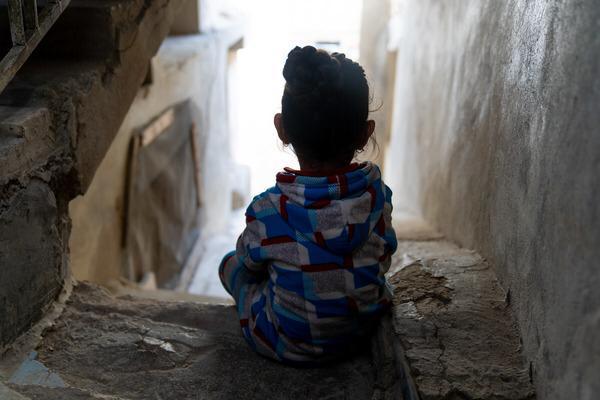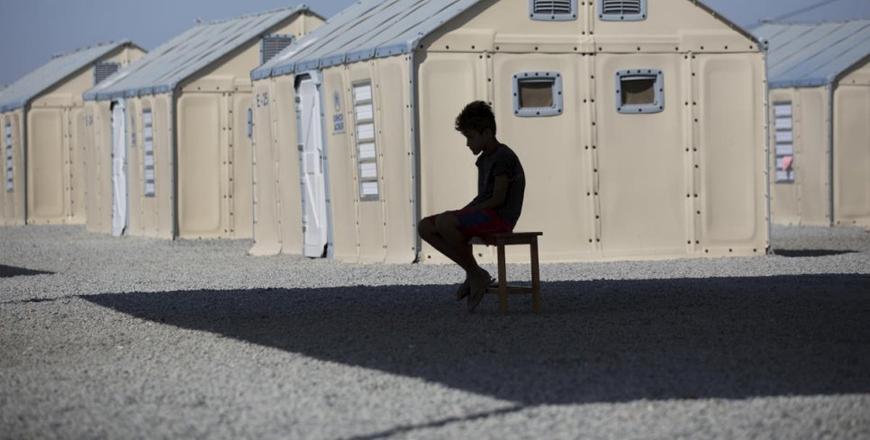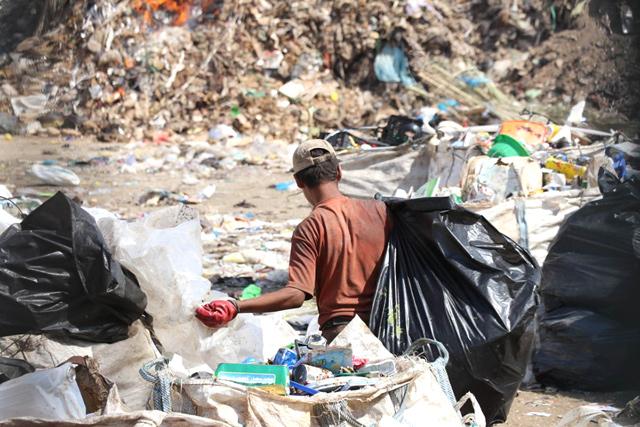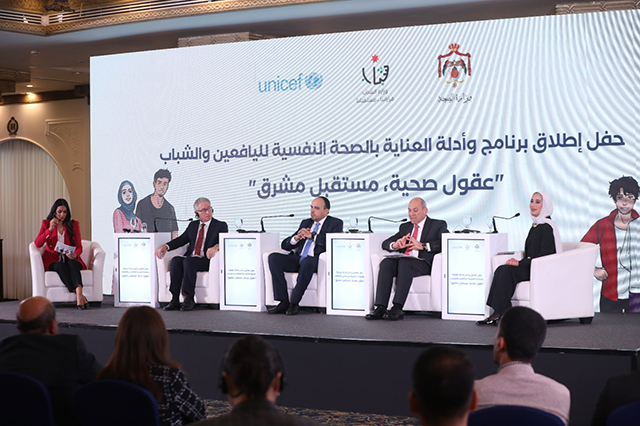You are here
1 in 7 adolescents globally lives with a diagnosed mental disorder – UNICEF
By JT - Oct 05,2021 - Last updated at Oct 05,2021

Children and young people will feel the impact of COVID-19 on their mental health for many years to come, UNICEF warned in its flagship report published on Tuesday (Photo courtesy of UNICEF)
AMMAN —Children and young people will feel the impact of COVID-19 on their mental health for many years to come, UNICEF warned in its flagship report published on Tuesday.
According to The State of the World’s Children 2021; On My Mind: Promoting, protecting and caring for children’s mental health, even before COVID-19, many children and youth suffered from mental health conditions without sufficient and adequately-funded support systems available, said a statement from the UN agency.
According to the latest available estimates, more than one in seven adolescents aged 10-19 is estimated to live with a diagnosed mental disorder globally.
Meanwhile, wide gaps persist between mental health needs and mental health funding. The report finds that about 2 per cent of government health budgets are allocated to mental health spending globally.
“The COVID-19 pandemic has exposed the extent and severity of the mental health crisis on the most marginalised children and young people,” said UNICEF Jordan Representative Tanya Chapuisat.
“We need to integrate mental health and psychological support services interventions across health, education and social protection sectors to address the mental health needs of children and adolescents in Jordan," she added.
According to early findings from an international survey of children and adults in 21 countries conducted by UNICEF and Gallup, one in five young people aged 15-24 surveyed said that they often feel depressed or have little interest in doing things.
According to the latest available data from UNICEF, globally, at least one in seven children has been directly affected by lockdowns, while more than 1.6 billion children have suffered some loss of education.
The disruption to routines, education, recreation, as well as concern for family income and health is leaving many young people feeling anxious and angry.
Diagnosed mental disorders can significantly harm children and young people’s health, education, life outcomes, and earning capacity.
A new analysis by the London School of Economics indicates that lost contribution to economies due to mental disorders that lead to disability or death among young people is estimated at nearly $390 billion a year, the statement said.
“UNICEF Jordan will continue to work with the Government of Jordan and partners to ensure that schools, homes, and communities are safe and enabling environments. Equipping children and youth with skills needed to overcome mental health and psychosocial support concerns,” added Chapuisat.
The State of the World’s Children 2021 calls on governments, and public and private sector partners, to promote mental health for all children, adolescents and caregivers, protect those in need of help, and care for the most vulnerable.
The report urges governments to provide urgent investment in child and adolescent mental health across various and to integrate and enhance community support projects.
The report also stresses the importance of ensuring schools support mental health through quality services and positive relationships.
Additionally, it also covers the need to “break the silence surrounding mental illness”, through addressing stigma and promoting better understanding of mental health.
In Jordan, the Advancing Adolescents programme, implemented within the regional No Lost Generation (NLG) initiative, a UNICEF-led initiative to prevent the loss of an entire generation to the effects of war, violence, and displacement, has offered structured group activities for adolescents aged 12–18 from Syrian refugee and Jordanian host communities.
The group activities were based on a psychosocial care approach that emphasised social interaction and encouraged participation.
As part of WHO, Jordan efforts to scale up mental health services and psychosocial support, collaborations have been established with national and international NGOs to strengthen the capacity of these facilities to respond to the needs of beneficiaries affected by developmental disorders and intellectual disabilities, as well as children and adolescents overall.
Advancing Adolescents programme was part of a humanitarian response to the conflict in the Middle East region led by UNICEF, Mercy Corps, Save the Children and World Vision.
Related Articles
AMMAN — The pandemic has exposed the serious gaps that exist in mental healthcare throughout the Kingdom. “This is the result of the hi
AMMAN — A new UNICEF programme has been launched to “end the worst forms of child labour” in Zarqa and Amman by helping hundreds of children
AMMAN — The Ministry of Youth, the Ministry of Health, and UNICEF have launched a joint mental health programme dubbed “Healthy Minds, Brigh


















